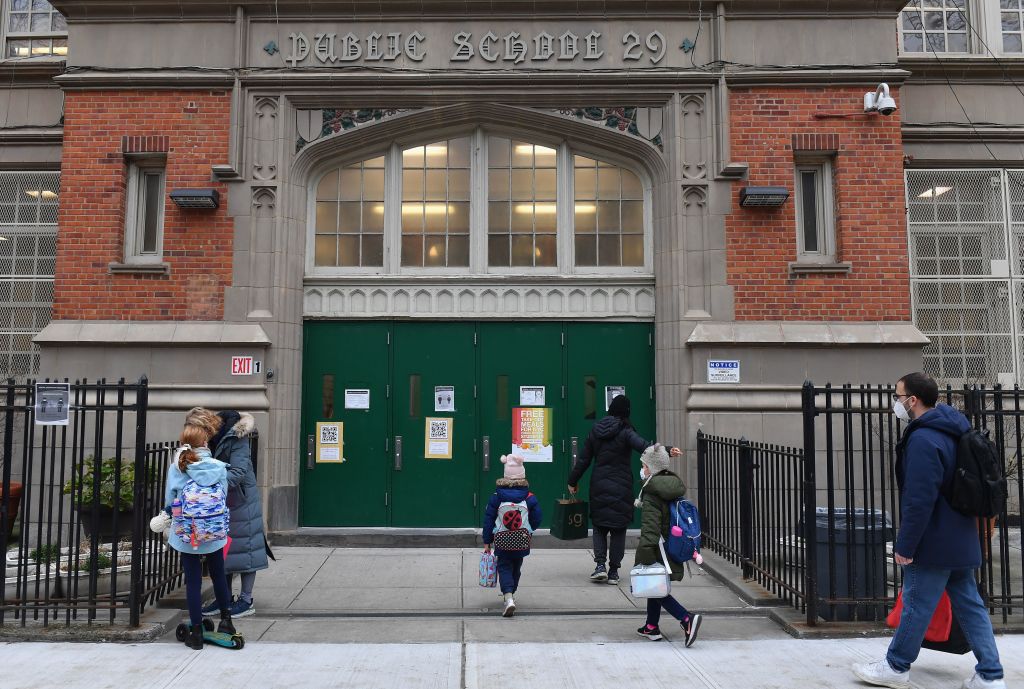The CDG institute recently organized a webinar under the theme of: “Mobility facing the challenge of the complexity of urban systems” with renowned speakers. To discuss this issue, the institute gathered around the same table, Thierry Mallet, CEO of TRANSDEV, Loubna Boutaleb, CEO of the Rabat Salé Tramway Company (STRS), Kawtar Benabdelaziz, technical adviser in transport and climate at GIZ and Zakaria Naimi, president of Green Energy Park “by UM6P & IRESEN” in Benguerir.
During the webinar Thierry Mallet, President of UTP and Chairman and CEO of the Transdev Group, summarized mobility by paraphrasing Esther Dufo (Franco-American economist, professor at the Massachusetts Institute of Technology, Nobel Prize in economics in 2019) who had said about the subject, “mobility is one of the main means of equalizing living standards between territories and of absorbing economic and regional disparities”.
Indeed, according to Loubna Boutaleb, “mobility is an important component of urban dynamics (…) it allows access to employment opportunities and equity in access to public services, health, education and others. “.
Today, the urban and metropolitan population is increasing sharply globally. According to the UN, in 2050, two out of three people would live in urban areas. As for Morocco, according to the High Commission for Planning in 2020, 63.4% of the population resides in cities. “This significant expansion of urban areas puts more pressure on mobility and the need to develop sustainable mobility to respond to urban dynamics”, specifies Loubna Boutaleb.
For the CEO of the Transdev Group, Thierry Mallet “public transport has an essential role to play, first of all on the social level, in terms of the territorial divide, social equity and finally ecological”. Indeed, mobility must take into account three main priorities relating to better service to all territories (urban, peri-urban and rural areas), through the development of peripheral solutions such as park and ride facilities, high-level buses. , inter modality etc. It is also about betting on digitization, digital as well as ecological.
On this last aspect, Kawtar Benabdelaziz provided alarming figures regarding the energy consumption of the transport sector. “In Morocco, the transport sector is 99% dependent on fossil fuels, thus constituting the first consumer of final energy up to 38% and the second emitter of CO2 emissions at around 31%”, specifying that he There is an urgent need to review modes of travel taking into account climate issues.
One of the solutions mentioned by the speakers to answer this problem concerns the electric car. Its introduction in Morocco remains low, however, given its selling price. “What makes the electric car expensive is especially the battery, which can cost up to 60% of the purchase price,” says Zakaria Naimi. He adds that “improving the life cycle of batteries, storage, reducing their size, weight and cost are the essential elements to be able to market this car on a large scale at the national level”.
This debate was the occasion to recall that Morocco set up a roadmap following the COP 21 in Paris which included a certain number of objectives in national urban transport strategies at different levels (energy efficiency in transport, logistics transport, freight transport …). “With this roadmap, Morocco’s objective is to develop at the level of local strategies a certain number of axes to meet the various challenges of sustainable mobility, by reducing disparities, by allowing equity between the different social layers. and by preserving the environment, ”concluded Loubna Boutaleb.
:
–
– .


